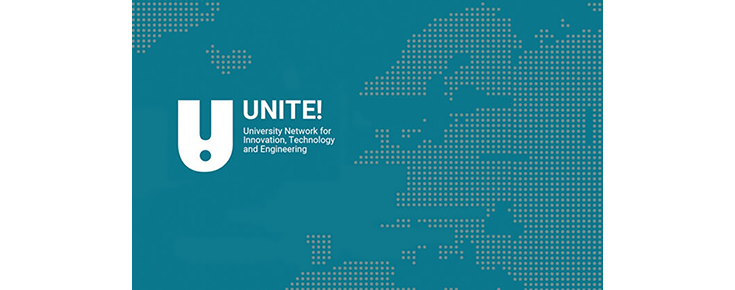
People ask Alexa or Siri to recommend good restaurants or who caused the Second World War. Robots have become co-workers in the factory or are used as caregivers. People can buy android-like sex robots or use AI programs to create avatars as their digital doubles. During the pandemic, bots are being used as care companions for humans in order to alleviate loneliness. Algorithms „read“ images, compose music, write articles according to a given prompt, co-create works of art, write poems and books, and predict audience reactions to movies. AI software „assists“ in personnel decisions and programs and "predicts" complex human behavior in many ways.
Long-standing visions and dreams as well as human fears seem to come true in the context of recent AI developments, especially machine learning. The division of labor between humans and machines, and the forms of human-machine interaction are undergoing a rapid change. To be sure, technology has never been merely a tool; it has always mediated human practices and self-understanding and prompted change therein. However, it has become obvious that we are currently dealing with a profound shift in human-machine relations. And this development is vexing for human self-understanding. Once again, we ask: What is it that constitutes being human? A few decades ago, it was debates on thinking and intelligence. Nowadays, concepts, such as autonomy, creativity, responsibility, or emotions, which were once considered to be genuinely and exclusively human capabilities, are being questioned, changed, and defended in the context of current AI developments: Can machines do all of this?
In this Summer School (20-24 September 2021), we want to discuss and reflect on these topics, perspectives, and aspects. We would like to ask: What Exactly is New about AI?; “Human” Concepts and Machine “Capabilities”?; AI as Partner and Companion: New Human-Machine Relationships? Theoretical Descriptions? AI Ethics?
More information: www.geschichte.tu-darmstadt.de/summerschool_ai.
Summer School no âmbito da Rede UNITE! (University Network for Innovation, Technology and Engineering), de que faz parte a ULisboa.













